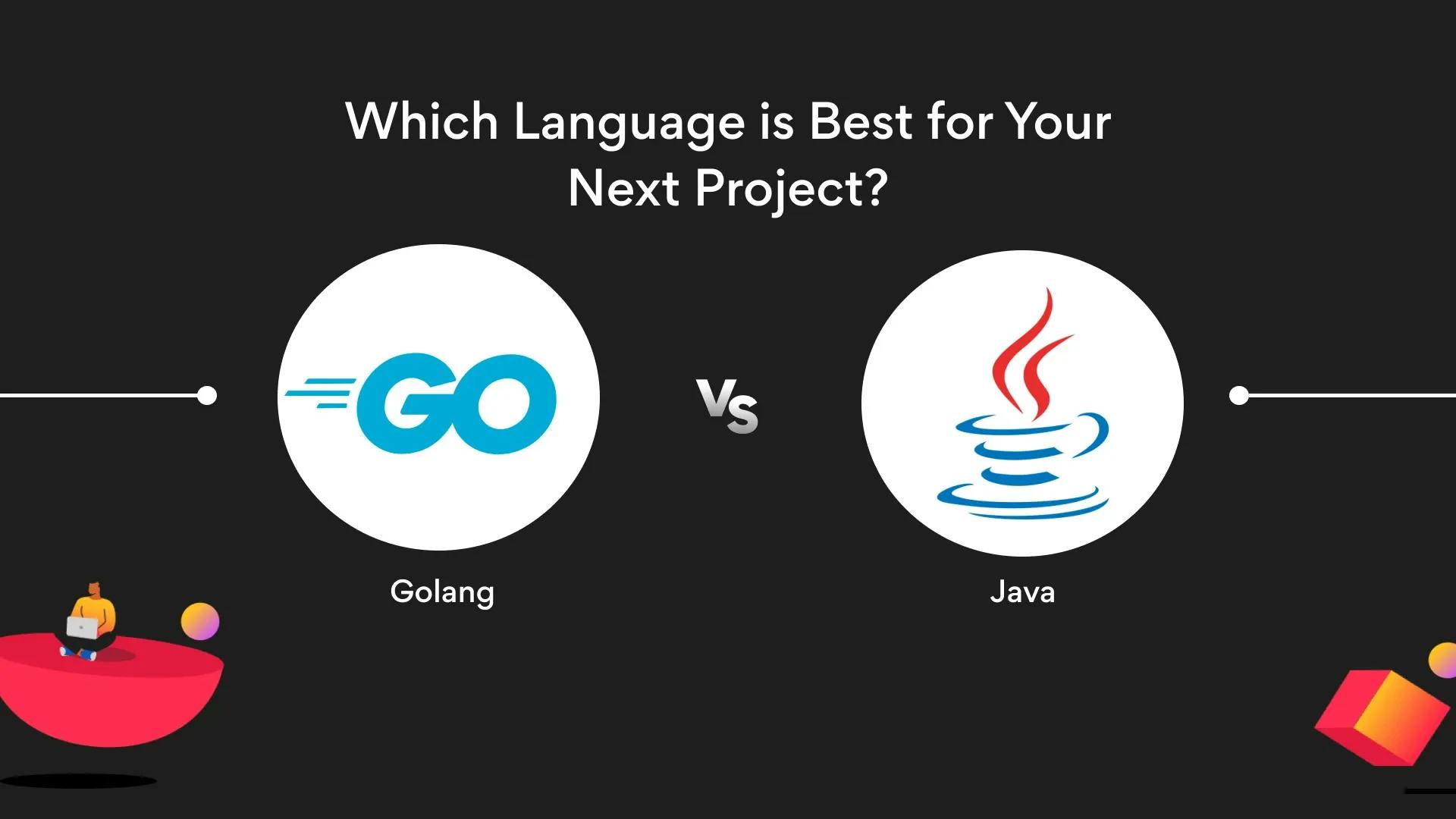Hire Java developers remotely within 4 days
Companies can now hire Java developers remotely with Turing. Hire now and spin up your dream engineering team with Turing’s AI-powered deep-vetting talent platform that sources, vets, matches, and manages 3 million+ developers worldwide.
Join 900+ companies who have trusted Turing for their remote engineering needs.
Hire the top 1% of 3 million+ engineers who have applied to Turing

Jude
Java Developer
Jude is a full-stack developer having 20 years of experience in delivering end-to-end solutions for different companies. He is proficient in Java, React, C#, Python, and Go.
- Java
- C#
- SQL
- React.js
- Python
- Finance
- JavaScript
- Scala
- Machine Learning

Rafael
Java Developer
Rafael is a senior software engineer having 6+ years of experience. He is highly proficient in CI/CD Java, React.js, Spring, and JavaScript.
- Java
- CI/CD
- Agile
- OOP
- Java 8
- JUnit
- Mockito
- Unit Testing
- Maven

Harmen
Java Developer
Harmen has 9+ years of experience in software development. He is focused on developing high-performing web, mobile, and server applications.
- Java
- C#
- MongoDB
- React.js
- Python
- JavaScript
- Kubernetes
- Bash
- DevOps

Fred
Java Developer
Fred is a design-first full-stack software engineer with hands-on knowledge and 12+ years of experience in creating fluid and interactive web applications.
- Java
- CSS
- SQL
- React.js
- HTML
- JavaScript
- Typescript
- Bootstrap
- Spring Framework

Mahabir
Java Developer
Mahabir is a software engineer having 10+ years of experience working in the domain of healthcare, automotive, construction, and related fields.
- Java
- C
- SOAP
- Jenkins
- Python
- Android
- DevOps
- Docker
- JSON
Build your dream team now
Hire DevelopersHow to hire the best Java developer?
Hiring a dedicated Java developer for your business can be a cumbersome task. Learn about the skills to look for, interview questions, and more!
Read article
Here’s what customers have to say about Turing
Turing has been providing us with top software developers in Latin America. All our other vendors combined don't have the headcount that Turing does.

We hired about 16 ML engineers from Turing which reduced our hiring effort by 90% as compared to other vendors.

We're super excited about Turing as we will scrap our existing lengthy interview process and lean on Turing's vetting to build up teams on demand.

Why businesses choose Turing
Speed
4 days
to fill most roles,
sometimes same day.
Time Saved
50+ hours
of engineering team time
saved per developer on interviewing.
Retention
97%
engagement
success rate.
Hire Java developers through Turing in 4 easy steps
- 1
Tell us the skills you need
We’ll schedule a call and understand your requirements.
- 2
We find the best talent for you
Get a list of pre-vetted candidates within days.
- 3
Schedule interviews
Meet and select the developers you like.
- 4
Begin your trial
Start building with a no-risk 3 week trial period.
Join 1000+ Fortune 500 companies and fast-scaling startups who have trusted Turing
Including top companies backed by:

How to hire a Java developer? Skills to look for, interview questions, and more
Hiring skilled talent in Java requires testing and reviewing candidates for their technical skills and proficiency in the programming language. That means a fair amount of software development experience is expected. However, if you're coming from a non-technical background and looking to hire a Java developer, we have an excellent resource for you. Here, we will help you understand what it takes to hire top Java programmers to build secure and stable Java applications.
Skills to look for in a Java developer
At a senior level, Java developers should have the following technical skills in his/her arsenal:
1. High-level proficiency in Object-Oriented Programming (OOP)
Though Java supports non-primitive data types like int, float, boolean, double, long, etc., it is mostly an object-oriented programming language because it is difficult to write any Java program without class and object. Hence, a high-level proficiency in OOP is a top criterion to hire Java developers. The OOP approach introduces the class and object style of coding, and developers use it to bind the data and the functions together to improve code stability and safety.
2. Good knowledge of wireframes, UI design and design patterns
Java is a popular programming language that is widely used in building secure and reliable web applications for different industries such as hospitality, healthcare, e-commerce, banking, education, etc. This means that when you hire Java developers, they should be capable of working on several things and need to have a good understanding of different design patterns and frameworks. Design patterns in Java are standard solutions followed to solve regular software designing problems, and a Java developer having the know-how of design can easily coordinate with designers and writers.
3. Good understanding of abstract classes and serialization
A good understanding of classes, data members, methods, and objects is mandatory for any Java developer. Leading to subsets of classes- abstract and serialization, both are essential parts of the Java programming language. On one hand, where abstraction in OOP reduces code complexity by showing only the relevant details of the objects and enhances code readability. On the other hand, serialization in Java deals with the conversion of objects into a byte stream for transporting the java objects from one Java system to the other and recreate them to the original form.
Interested in hiring a Java developer?
Join Turing and find top developers now!
4. Familiarity with Java application containers such as JBoss and Jetty
Normally, thin multi-tier applications are difficult to write because they involve many lines of intricate codes. The component-based and platform-independent Java EE architecture makes Java EE applications easy to write because business logic is organized into reusable components. So if the developer you are hiring has a familiarity with containers, the overall time and effort the developer has to put into your project will reduce drastically. These application containers are designed to provide many functionalities such as providing user authentication, logging, or establishing a connection with the database.
Work with top Java developers from around the world
Turing helps you find the right developers for your project
5. Stronghold on Java web frameworks
Some of the most popular websites such as Google, LinkedIn, eBay, and Amazon are written extensively using Java and its frameworks. Frameworks are nothing but tools with pre-written code, which act as a template or skeleton, and are reused to create an application or website.
So, while hiring a Java developer, make sure to ask which frameworks they have used before. Some of the best frameworks are Grails, Google Web Toolkit, Spring, MVC, and Play.
6. Hand-on experience with JQuery, Ajax, CSS, HTML, JSON, Maven and Gradle
With increased competition on the internet, almost every business demands a dynamic website. By using fast, feature-rich JavaScript libraries like JQuery, Ajax, CSS, HTML, JSON, Maven and Gradle, Java developers can create dynamic web content without even sweating a drop. For a Java developer, having a better grip on web technology is essential, as it helps to understand the technique of establishing communication between multiple computer systems via markup languages. So look for a developer who knows how to operate JavaScript libraries and give more weightage to the person who has hands-on experience with the same.
7. Strong competency in testing tools such as Selenium and TestNG
As a recruiter, you would always want to hire a Java developer with strong competency in testing tools like Selenium and TestNG. Java testing tools allow developers to test their JSP pages and web applications with a separate interface where they don't have to actually launch an application onto a web browser. In addition, these testing tools support multiple activities such as planning, creating a build, test execution, defect logging, and test analysis.
Apart from these core technical skills, an experienced Java developer should be able to set up a database and interact with its APIs. He/she should be competent in writing and testing multiple codes. Lastly, he/she should be able to keep track of new related technologies and learn them to create advanced functionality and features.
The best job descriptions are engaging and inclusive because they prompt candidates who are the most appropriate based on their skills and experiences to apply. Check out how you can write the best Java developer job description to hire high-value professional Java developers.
Create a hiring funnel
Creating a hiring funnel will provide you with numerous benefits, like assisting you in identifying the top skills to hire a Java developer who will fit into your company's culture.
What Turing does for you
Candidates screening
We will help you select the best talents and spot a Java developer who will fit in your company culturally.
Test task
We verify if the candidate really wants to work at your company and is able to spend 5+ hours to prove it by rigorous tests. It helps us to see a developer's caliber.
Technical test
Developers are asked Java related questions and made to solve tricky problems. We use open questions. The goal is not only to test developers’ knowledge – we also want to find out their way of thinking.
Giving specific feedback
We provide explicit feedback on both the test task and the technical test after we have checked the developer's expertise.
What you do
Interview
You can interview the shortlisted developers to check if the candidate matches your requirements and is a good fit for your company.
Hired/Not-hired
Hire intelligently with developers sourced by software, vetted by software, matched by software & managed by software.
Top interview questions to hire Java developers
Whether you're an IT recruiter or a project manager, you know that finding talented developers is critical to the success of any project. But direct interviews can help you filter these prospects. So, here are some sample questions, which you can use when looking for a Java developer to work on your latest projects.
Work with top Java developers from around the world
Try Turing today and discover great developers to fuel your ideas
Here are some more Java developer interview questions that you can ask to assess a developer’s caliber.
- What is 2 phase commit?
- What is JDBC ResultSet?
- Can we have an empty catch block?
- What happens when an exception is thrown by the main method?
- What is “dirty read” in JDBC? Which isolation level prevents dirty read?
Latest posts from Turing
Check out more resources to hire Java developers
Frequently Asked Questions
Hire Turing Developers
Based on skills
- React.js
- Node.js
- Python
- AWS
- JavaScript
- React Native
- PostgreSQL
- Ruby on Rails
- Java
- Angular
- Golang
- PHP
- Machine Learning
- Android
- iOS
- Laravel
- Magento
- ASP.NET
- React/Node
Based on role
+ See all rolesBased on career trajectory
+ See all positions










